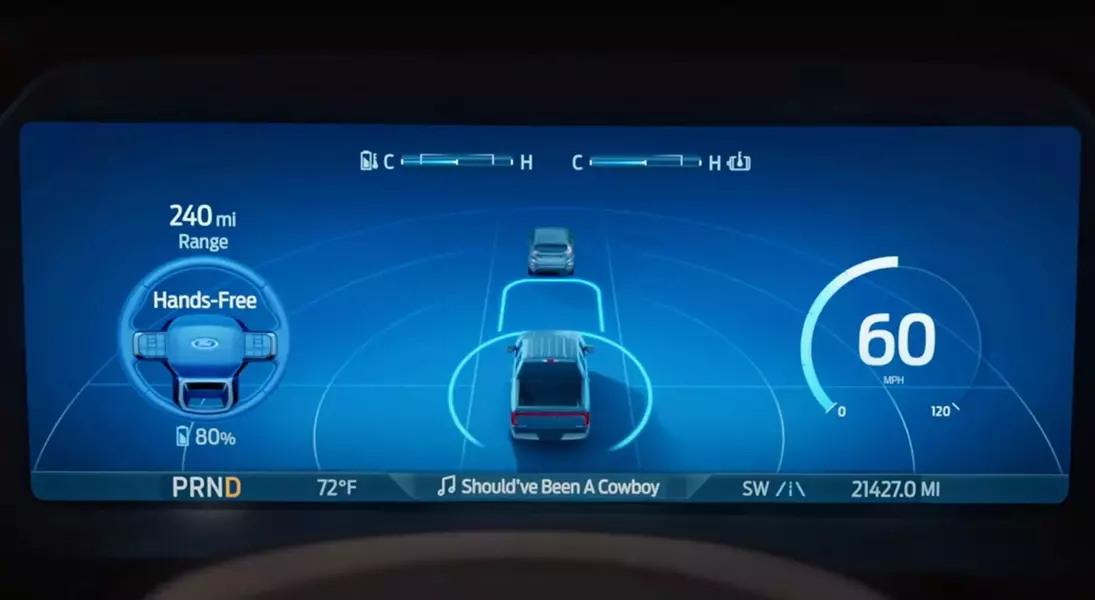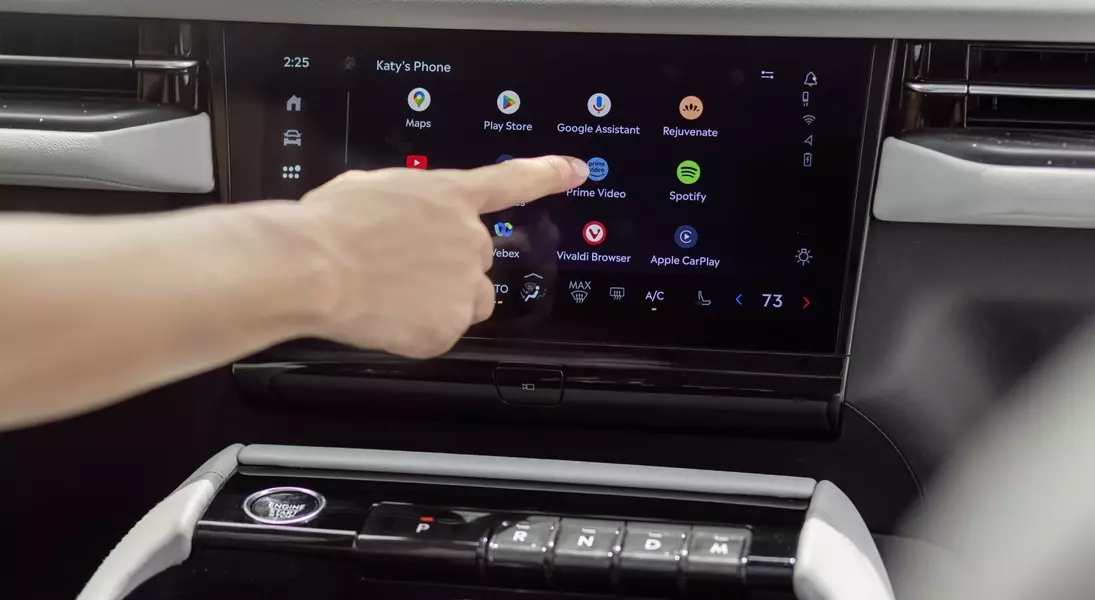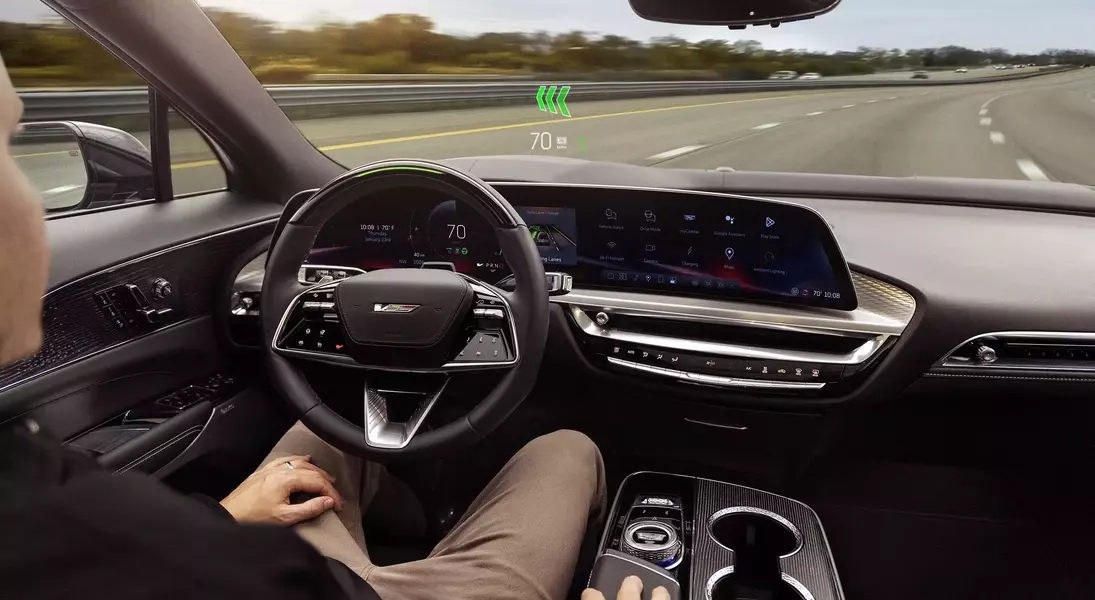




A new legislative initiative in New York aims to address the contentious practice of car manufacturers imposing subscription charges for vehicle features that are already physically present in the car upon acquisition. This proposed bill seeks to safeguard consumers from incurring additional costs for functionalities, such as heated seats, that do not necessitate ongoing support or external services. However, the legislation's scope appears limited, as it exempts software-dependent features like navigation systems and advanced driver-assistance programs. The bill has successfully navigated both legislative chambers and now awaits the governor's endorsement, representing a significant step in the ongoing discussion about in-car subscription models and consumer protection in the automotive industry.
New York's Legislative Push Against In-Car Subscriptions
In a significant legislative development, New York State is moving to curb the controversial trend of automakers charging recurring fees for built-in car features. On November 25, 2025, a new bill, Assembly Bill A1095, advanced through the state legislature, targeting manufacturers' ability to levy subscription charges for hardware components already installed in a vehicle at the point of sale or lease. This initiative directly responds to mounting consumer frustration, exemplified by previous incidents involving companies like BMW, which attempted to introduce subscription models for features such as heated seats.
The core tenet of the proposed law dictates that if a vehicle possesses a physical hardware feature that operates without requiring continuous external support from the dealer, manufacturer, or any third-party service provider, automakers will be prohibited from subsequently placing that feature behind a paywall. This means that once a consumer purchases or leases a car, they should have unfettered access to all its pre-installed, self-sufficient hardware functionalities without additional subscription costs.
However, the bill's impact on software-driven functionalities is notably less stringent. Features such as integrated navigation systems, semi-autonomous driving capabilities (like those offered by Tesla's FSD and Autopilot), advanced infotainment interfaces, satellite radio, Wi-Fi connectivity, and telematics services are largely exempt from the new restrictions. The rationale behind this exemption is that these software-centric features often rely on over-the-air updates, continuous maintenance, and development by software engineers, justifying ongoing charges to ensure optimal performance and safety. While some consumers might argue that such an exemption allows automakers to continue exploiting a lucrative revenue stream, proponents suggest that it's essential for funding the continuous innovation and upkeep of complex, evolving technologies.
The bill has successfully passed both houses of the New York State Legislature and is now awaiting the signature of the governor to become law. Its implementation would mark a pivotal moment in regulating the increasingly digital automotive landscape, potentially influencing similar legislative efforts in other states and countries as the industry grapples with the balance between technological advancement, new revenue models, and consumer rights.
The ongoing debate surrounding in-car subscriptions presents a fascinating challenge for both consumers and automakers. From a consumer perspective, the idea of purchasing a vehicle and then being asked to pay extra for features that are already physically present feels inherently unfair and can lead to a sense of being perpetually "nickel-and-dimed." It erodes the traditional understanding of vehicle ownership, where the purchase price grants full access to all installed components. This sentiment is particularly strong when considering basic comfort features like heated seats, which many believe should be a one-time cost tied to the vehicle's trim level.
Conversely, automakers are increasingly looking to software and subscription services as vital revenue streams in a competitive and rapidly evolving industry. Developing and maintaining sophisticated software for navigation, autonomous driving, and infotainment systems requires significant investment in research, development, and engineering talent. Allowing manufacturers to charge for these services helps fund innovation and ensures that these features remain cutting-edge and safe. Without these recurring revenue models, companies might be less inclined to invest heavily in advanced technologies, potentially slowing down progress in areas like vehicle safety and efficiency.
The New York bill, by distinguishing between hardware and software features, attempts to strike a delicate balance. It acknowledges the consumer's right to access physical components without additional fees, while also recognizing the legitimate costs associated with continuously updated, software-driven functionalities. This approach suggests a nuanced path forward, where clear boundaries are established, but flexibility remains for true service-based offerings. Moving forward, the industry will likely see more legislative efforts across different regions as societies collectively determine the future of vehicle ownership in an era defined by software and connectivity.
